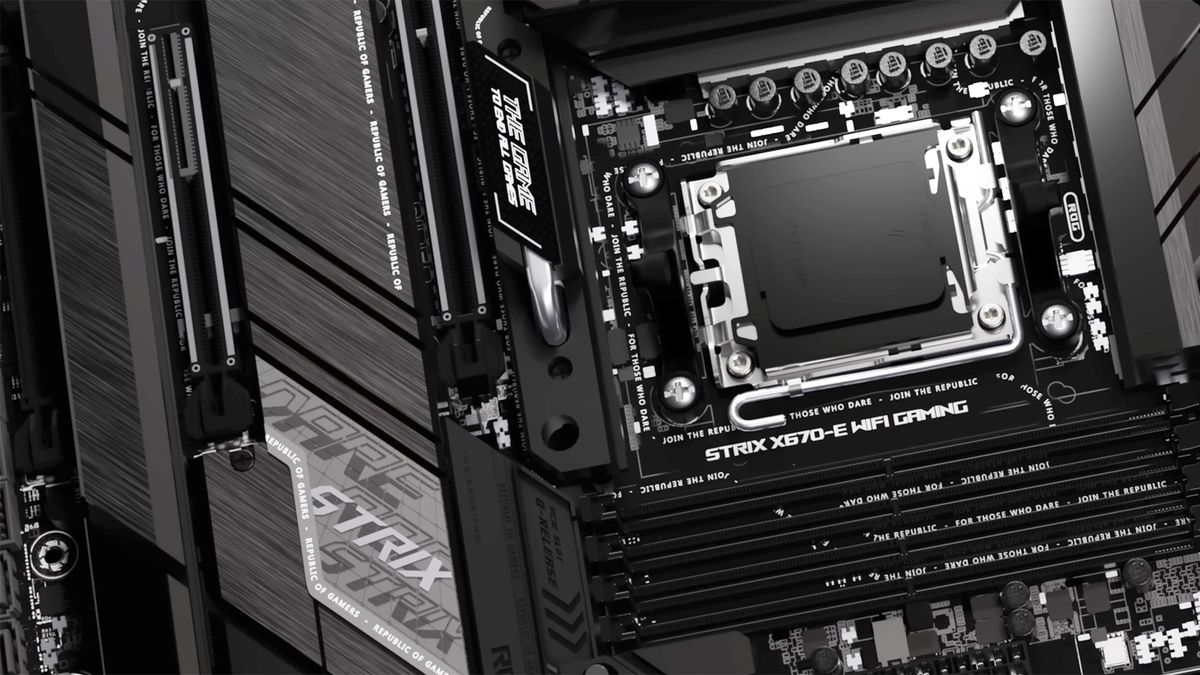silversurfer
Level 85
Thread author
Verified
Honorary Member
Top Poster
Content Creator
Malware Hunter
Well-known
- Aug 17, 2014
- 10,148
Yesterday AMD announced its upcoming AM5 platform powering its Ryzen 7000 series CPUs, along with three new chipsets featuring more I/O connectivity. The biggest surprise is AMD’s introduction of a multi-chip design for its flagship X670E and X670 chipset models. This isn't something we’ve seen before on a consumer-focused platform, but AMD’s choice to go multi-chiplet on its flagship chipsets could pay off.
According to a report by Angstronomics.com, AMD’s multi-chip approach for X670 and X670E has similar advantages to AMD’s current chiplet architecture on Ryzen CPUs. With this approach, AMD can increase I/O expansion drastically while at the same time significantly reducing manufacturing costs. This would be impossible if AMD built single monolithic dies for X670 and X670E.
Here's how AMD’s new chipset architecture works. The base chiplet for X670 and X670E is known as the Promontory 21 (PROM21) chipset, which is built by 3rd party supplier ASMedia. One of these chips comes in a 19x19mm FCBGA package featuring a maximum power rating of 7W.
That chip provides one PCIe 4.0 uplink connection to the CPU and two PCIe 4.0 x4 downlink controllers, for a maximum of eight PCIe 4.0 lane. It also supports four PCIe 3.0 x1/SATA 6Gpbs ports, six USB 3.2 Gen 2 10Gbps ports (two of which can be fused into a single 20Gbps port), and six additional USB 2.0 ports. For the SATA/PCIe 3.0 ports and USB 3.2 ports, the motherboard manufacturer can choose whether to opt for more SATA ports over PCIe ports or vice versa.

AMD’s Multi-Chipset X670 and X670E Strategy Looks Promising
AMD brings its multi-chiplet strategy from Ryzen CPUs to the chipset
